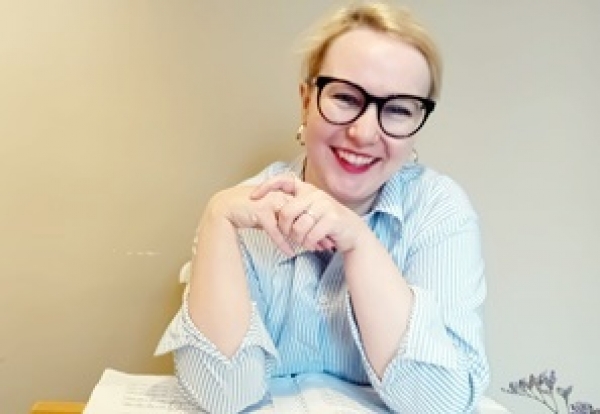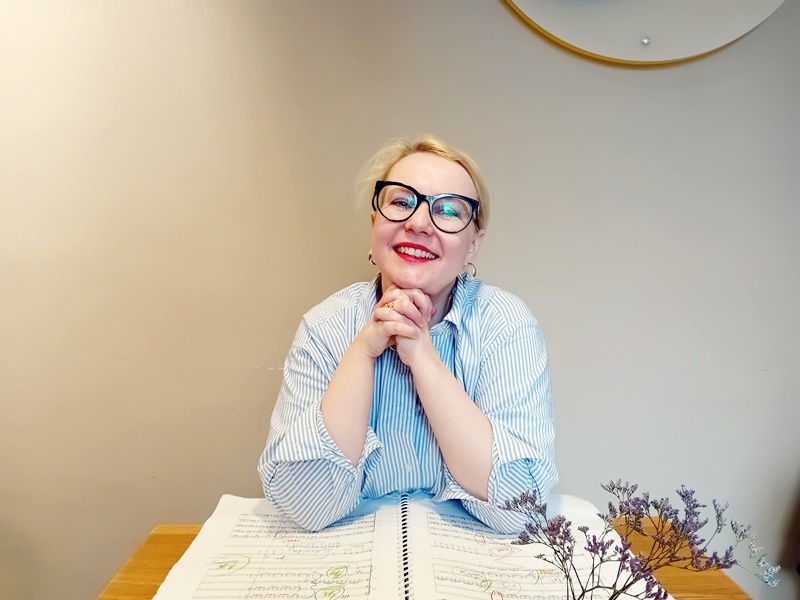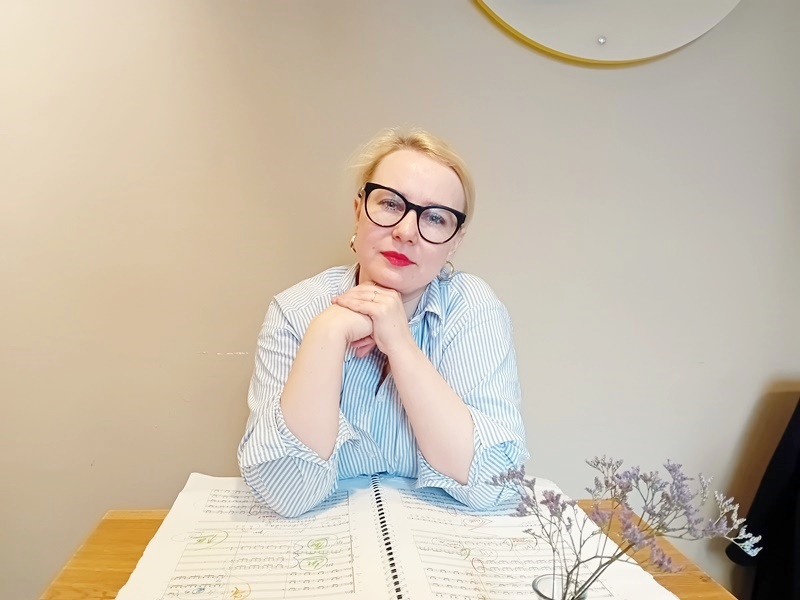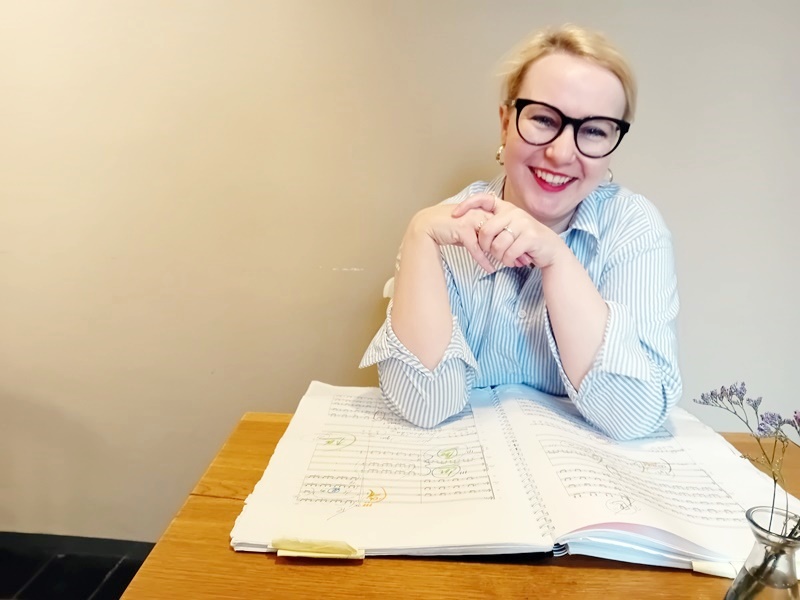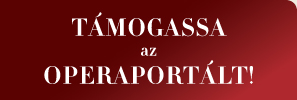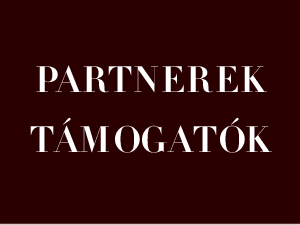Interview with Anna Novotna Peškova who conducted Janáček's opera Jenůfa at this year's Janáček Festival in Brno, performed by the Moravian Theatre Olomouc.
(Note: The interview was done before the performance of Jenůfa.)
At this year’s Janáček Festival, you will present Jenůfa in its original version of 1904. What are the key differences between this first version and the revised version, especially regarding the orchestra?
The original version, which is almost never performed, is very different. It is a little longer but more demanding for the orchestra. This is true for all instruments, but in different ways. The woodwind section, for example, has a harder time tuning. There are many technically difficult passages for the strings. And the brass section has to hold back more for the sake of the singers.
Because the orchestra is bigger in this version?
No, the orchestra is not bigger, but it might sound bigger, because it is a little ’rougher’, especially in the brass section, which is more difficult to sing through for the singers. The xylophone at the beginning of the work plays sextuplets in the revised version, while here, in the original one, it plays quadruplets. You can hear a solo violin and an oboe at the beginning of Jenůfa’s aria in the 1904 version, while in the later one, only the solo violin can be heard. But there are many more differences.
How about the vocal parts?
The singers’ parts are also more difficult. Sometimes, they repeat certain phrases two or three more times than in the later version, so they have more to sing. But Jenůfa’s part, for example, is also different in its tone: in the original version, it is rougher and less lyrical. For me, it sounds a more authentic Janáček.
photo: Opera Portal
For how long did you rehearse with the orchestra?
About two months.
Was it also a challenge for you, the conductor?
The main challenge for me was how I can best support this production dramatically, as the opera is now staged in a very special way. We also had to make some cuts: two smaller ones in the first act, and a big one in Act 3.
Why did you make these cuts?
The director wanted to focus on the main characters: Jenůfa, the Kostelnička, Laca, and Števa. So, we cut some parts that are less relevant to the plot, like Jano, the small shepherd’s part and some of Stárek’s part in Act 1. In Act 3, there is a big cut already at the beginning. After the overture, we jump to the scene with Karolka, and the scene with Rychtářka is left out.
What do you think of the director’s concept? The programme booklet of the festival emphasizes that the production was created by an all-female staging team.
To be honest, I have never thought of it as an all-female team. We never wanted to emphasize it. It just happened that way… I think it is a revolutionary performance which may well be too much for the more conservative viewers.
Do you agree with the mentioned cuts?
We had a lot of discussions about it, and I finally understood the director's intention. Some will probably say her staging is a disrespect to Janáček, but the opposite is true. The director loves Janáček’s music and respects him. But there will be other surprises at the performance. For example, we do not end the opera with Janáček’s music. The director added one song to the performance by a band called viah. We have a connection with the organisation Mother’s Smile, which provides help for women with postpartum depression, and the song is about them.
photo: Opera Portal
You, as a female conductor, have probably been asked the following question many times: why are female conductors so rare?
Interestingly, I do not really know why. Internationally, the situation is better, but in the Czech Republic it is worse. At the conservatory, there are lots of female students studying conducting, but few of them go on to work with orchestras or in theatres.
Have you ever felt the disadvantage of being a female conductor? Or that people were prejudiced against you?
Never from my musician colleagues. They are only interested in how prepared you are, whether you know what you want, and how you communicate with them and treat them. But in general, it is absolutely true that women in this field are judged much more strictly. Maybe sometimes the directors of institutions have some prejudices. Unfortunately, it is very difficult to change things with a traditional genre like opera or classical music in general. Of course, being a conductor is a hard job, both physically and mentally, but there is no reason women could not do it. I hope things will change because there are many talented female students in this field. My teacher, by the way, Miriam Němcová was the first full-time female conductor in the Czech Republic.
You started working as the conductor and chorus master of the Children’s Opera Prague.
I was there for about ten years, and I loved it. It was my first experience, and I learned a lot. We often worked with the artists of the National Theatre in Prague. Now I work at the National Theatre, at the State Opera, and I am also a guest conductor at some other opera houses and with symphonic orchestras.
photo: Opera Portal
You are young but have already conducted several opera performances, including Don Giovanni, Rusalka, La traviata, L’elisir d’amore, and Il barbiere di Siviglia, among others. Which one are you the proudest of?
Maybe La traviata. It was my first production at the National Theatre, and I had to stand in.
Which musical style or era do you feel the closest to?
I am open to many styles. I think it is important for a young conductor to have as much experience as possible. But I am starting to feel that the Italian Romantic music will be the closest to me.
You also teach conducting at the Prague Conservatory.
Yes, though not the future conductors but other students – composers and pianists, for example – for whom it is also compulsory.
What are your plans for the near future?
Next year, I will carry on working at the State Opera with Rusalka and the Dialogues of the Carmelites which I have already done in a small theatre in Liberec. This was also a production I am proud of. And I am looking forward to a concert featuring Mozart’s music with the talented Czech tenor Daniel Matoušek, a performance of Hänsel und Gretel at the State Opera, and/or a concert with the South-Bohemian Philharmonic.
Balázs Csák


